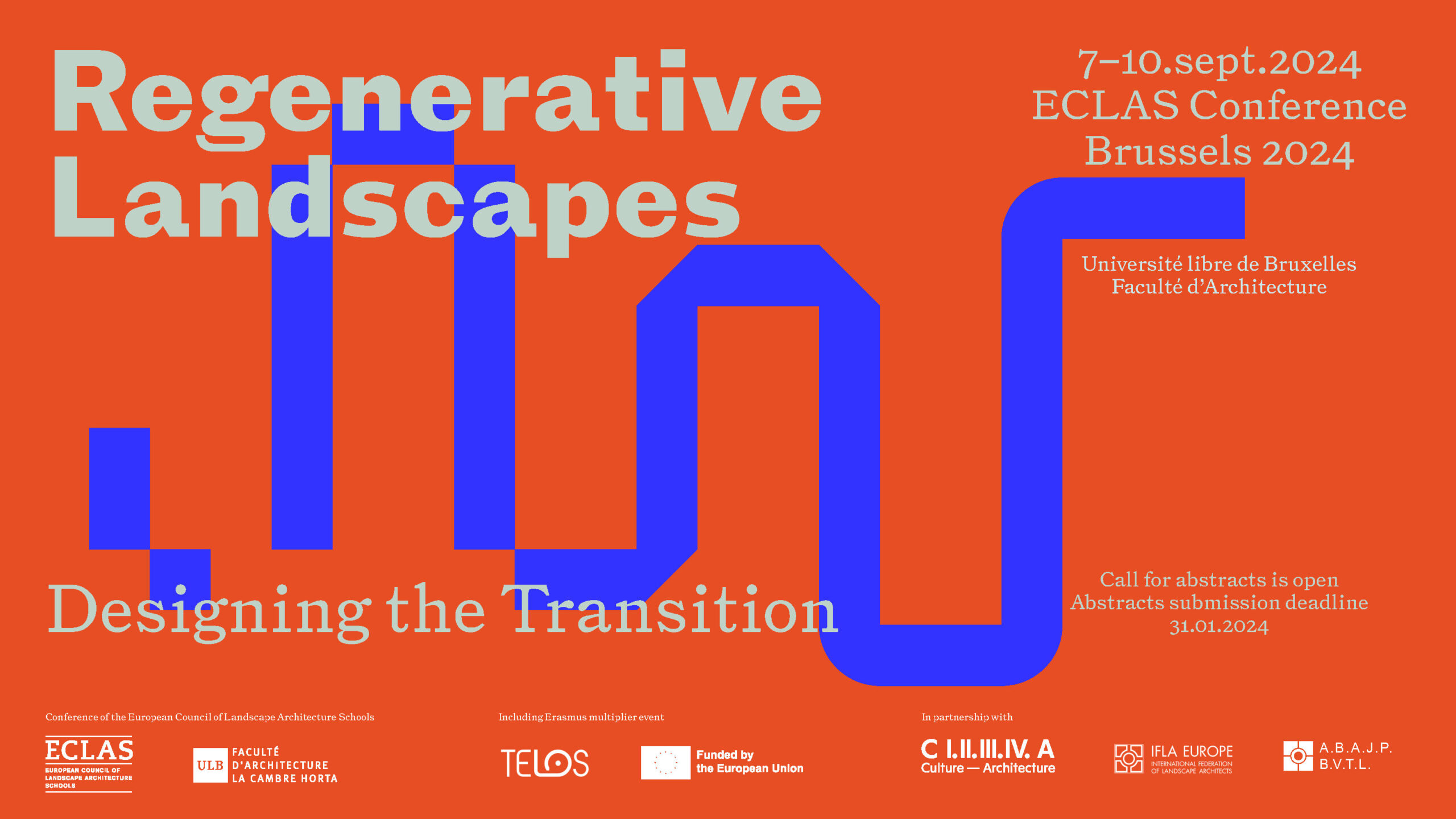ECLAS Doctoral Colloquium 2023 – Orbis Pictus
The doctoral colloquium Orbis Pictus will be a space for miscellaneous pictures of research topics and opinions of our research students.
Orbis pictus – Visible World in Pictures (acc. J. A. Comenius: Orbis sensualium pictus, 1658) was the first interactive educational encyclopaedia in the world. The book represented the medieval world known at the time by means of pictures with an explanatory commentary.
The ECLAS Doctoral Colloquium 2023 should become a similarly illustrative space for sharing contemporary research topics. Let’s co-create a representative overview of your research topics and compare research methodologies. Which path have you choosed at your methodology crossroad? What have others, dealing with the same/similar topic, chosen?
All our PhD students are also warmly invited to actively participate in the main conference programme! You can participate in all five conference sessions, participate in discussions and discover new contexts and knowledge foryou research activities.
As a side event, the doctoral colloquium will include the Creative Workshop ‘Schola Ludus’.
Colloquium Target Groups
Our colloquium is addressed to both current/prospective doctoral students and senior researchers who are supervising thesis processes. It will also be of interest for prospective supervisors who wish to learn from peers about tutoring methods in this field. The overall objective is to share and discuss methodological aspects within the European landscape architecture research community. The meeting is open to all research themes and methodological approaches. Thematic groups will be formed according to the responses received to this call.
How to get involved as a thesis supervisor or senior researcher?
Our colloquium is a combination of individual mentoring, group discourse and thematic inputs on research methods around the overall frame of our ‘orbis pictus’ metaphor. Thematic contributions in the form of a 15-20 minutes presentation can be offered on the following topics:
- Research methods: Presentation of a specific methodical approach and its application in research projects
- Research design: Building a research framework, setting the research question, deciding on the approach, selecting methods, techniques….
- Supervising doctoral students: Which good practices exist?
How do I get involved as a doctoral student?
The colloquium will include a poster session for doctoral students. Poster authors will present their research topics in a visually attractive way using images, photographs, graphics, etc., with minimal explanatory commentary, and to explain their research method. In theme-specific working groups the presented outputs will be shared, compared and discussed. We plan to include the posters in the conference proceedings along with a brief summary of the conclusions of the working groups.
Your visual representation should support a discussion during the colloquium along the following guiding questions:
Title of your research project
- Please state the short and the long version of your doctoral thesis.
- What is my research topic and why did I select it?
- Please explain what has been your (initial) assumption/hypothesis that you wish to prove or disprove. This section is not only about assumptions, etc., but also about context and scientific and societal relevance.
What is your research question? Which research strategy & approach have you selected to answer this question?
Please explain why and on the basis of which methodological consideration you have chosen this research strategy. This section is, of course, also about specific sub-questions. Often there are (too) many sub-questions (!).
What is your research method and why have you chosen it?
- Please explain your methodological framework and the methods you selected in order to implement your research strategy/approach.
- There can (also) be multiple methods of course, each relating to a specific sub-question. Which guidance did you have/use when you select(ed) your research method?
What is, or will be, your empirical evidence and how will you collect and analyse my data/evidence?
- What kind of evidence will be generated and how will it be analysed?
- Explain, for example, your choice of case study and your selection of study areas, and any other approach to generating evidence.
- In this context it might be useful to also explain your way of operationalizing the theoretical concepts that are included in your research question.
The poster should have an A0 format. Shortly, we will also provide a template for you.
Submission deadline: 31st of July 2023 to this e-mail: colloquium(at)eclas.org
Prospective doctoral students
If you are a future doctoral student and still in the process of developing a thematic framework you are also invited to attend the discussions. In that case you may not submit an outline but please send an e-mail to the organiser to inform them of your intention to attend.
Organisational Issues
- Time: Sunday, 10th of September 2023, from 10 am – 18 pm
- Location: Mendel University in Brno, Czech Republic, room to be specified
- Costs: Free of charge for ECLAS conference participants, reduced conference fee for doctoral students available. For those not registered for the ECLAS conference we might charge a small fee to cover food and coffee over the day.
- A certificate of participation will be issued on behalf of ECLAS & Mendel University
